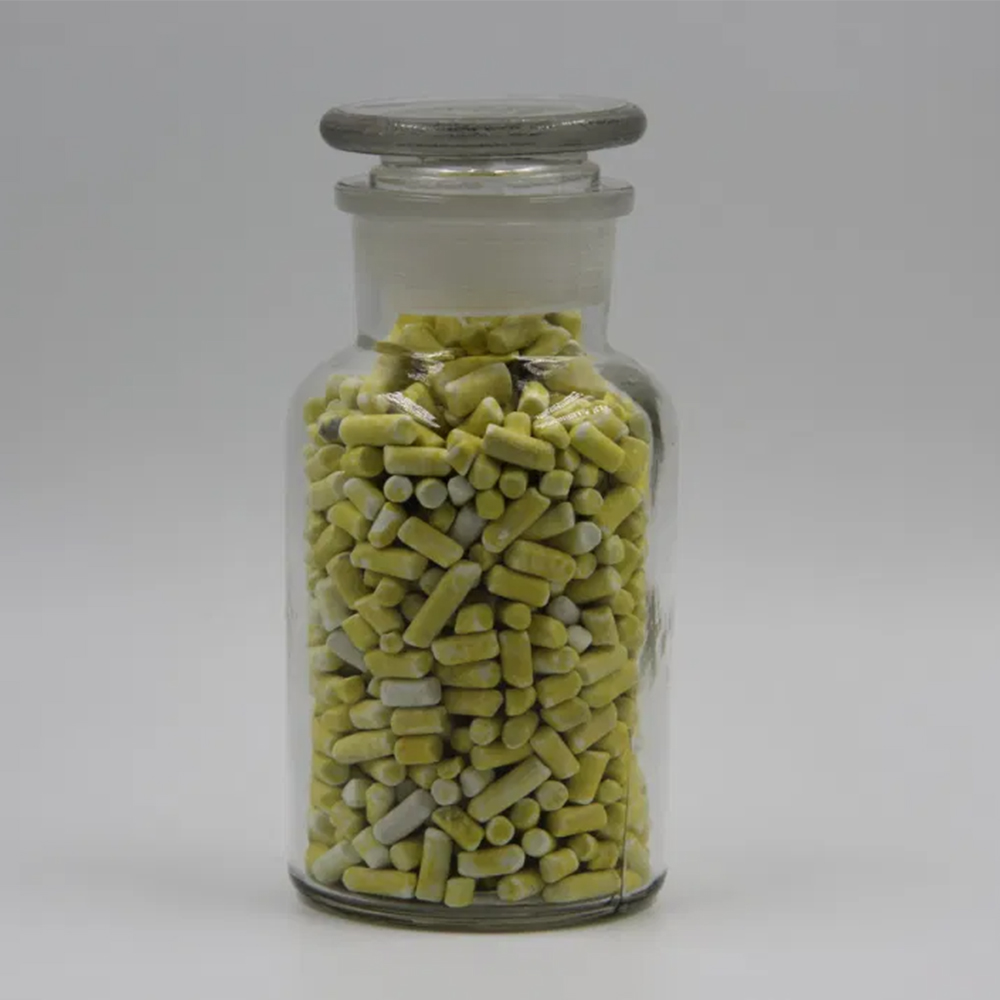



manganese sulphate for plants
The Role of Manganese Sulphate in Plant Health
Manganese is an essential micronutrient that plays a crucial role in the overall health and development of plants. As a key component in various physiological processes, manganese is important for enzyme function, photosynthesis, and the synthesis of chlorophyll. Among the various sources of manganese available for agricultural use, manganese sulphate stands out as one of the most effective and widely used forms.
The Role of Manganese Sulphate in Plant Health
One of the primary benefits of applying manganese sulphate to plants is its direct contribution to photosynthesis. Manganese is a critical component of the photosystem II complex, participating in the water-splitting reaction that releases oxygen and protons, essential for energy production in plants. Without sufficient manganese, photosynthesis becomes inefficient, leading to reduced growth and yield.
manganese sulphate for plants

Additionally, manganese sulphate is instrumental in the process of chlorophyll formation. Chlorophyll is the green pigment in plants that allows them to absorb light energy, which is then converted into chemical energy through photosynthesis. A deficiency in manganese can result in inadequate chlorophyll production, causing leaves to lose their vibrant green color, a condition referred to as chlorosis. By ensuring that plants receive adequate manganese through manganese sulphate applications, growers can promote healthier foliage and improve the overall vigor of their crops.
Another important function of manganese in plants is its role in enzymatic processes. Manganese acts as a cofactor for various enzymes, including those involved in the synthesis of lignin, which provides structural integrity to plant cell walls. This is particularly important for woody plants and trees, as lignin supports their growth and resistance to stress. Furthermore, manganese is involved in the metabolism of nitrogen within plants, aiding in the conversion of ammonia to amino acids, which are vital for protein synthesis.
Incorporating manganese sulphate into a plant’s nutrient regimen can be accomplished through soil applications, foliar sprays, or as part of a hydroponic solution. The timing of application is crucial, as the demand for manganese may increase during specific growth stages, such as flowering or fruiting.
In conclusion, manganese sulphate is a vital nutrient that significantly impacts plant growth and health. By understanding its benefits and ensuring adequate manganese availability, farmers and gardeners can enhance crop yield, improve quality, and promote sustainable agriculture practices. Regular soil testing and proper nutrient management can help in identifying manganese deficiencies, allowing for timely interventions that can lead to thriving, productive plants.
-
How and Why to Disinfect Water Softeners for Safe, Reliable WaterNewsNov.24,2025
-
Effective Deionized Water Disinfectant Solutions for Healthcare & Industrial UseNewsNov.24,2025
-
Commonly Used Disinfectant for Drinking Water – Global Uses & InnovationsNewsNov.23,2025
-
Chemical to Disinfect Water – Essential Solutions for Safe, Clean Drinking WaterNewsNov.23,2025
-
Blue Water Disinfectant: Safeguarding Global Water Quality with InnovationNewsNov.22,2025
-
Bleaching Powder for Water Disinfection – Affordable & Effective Water Treatment SolutionNewsNov.22,2025
-
Bleaching Powder Drinking Water: Effective, Affordable Disinfection WorldwideNewsNov.21,2025










